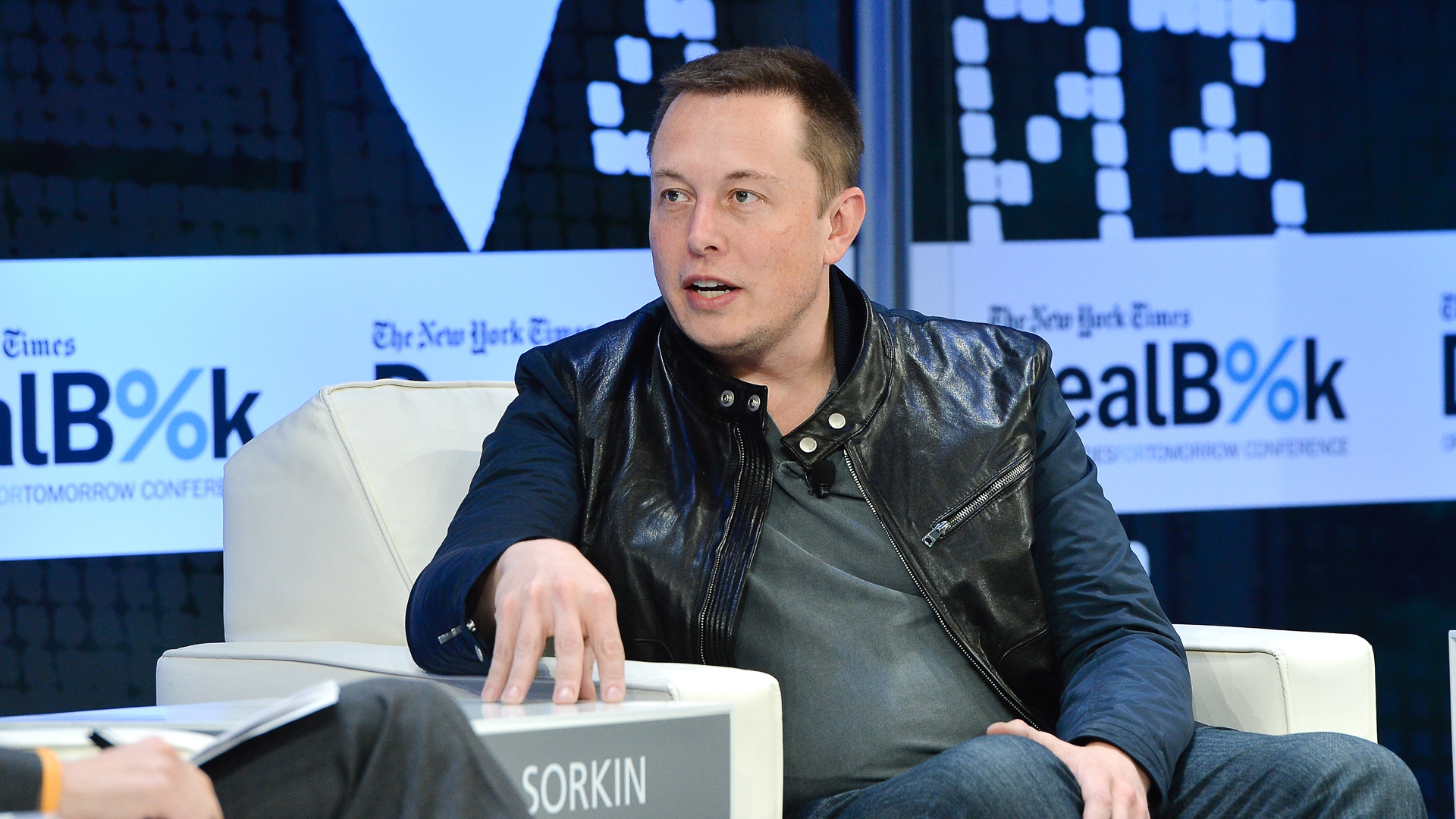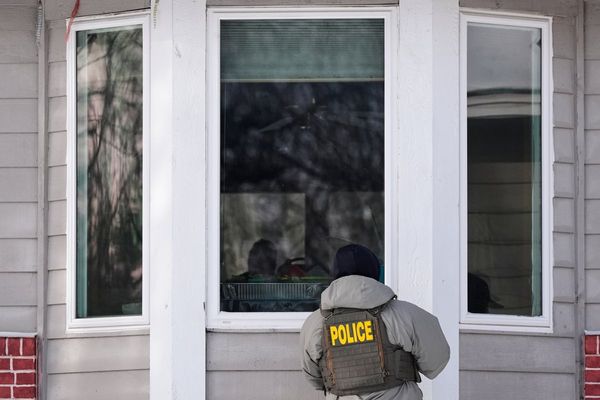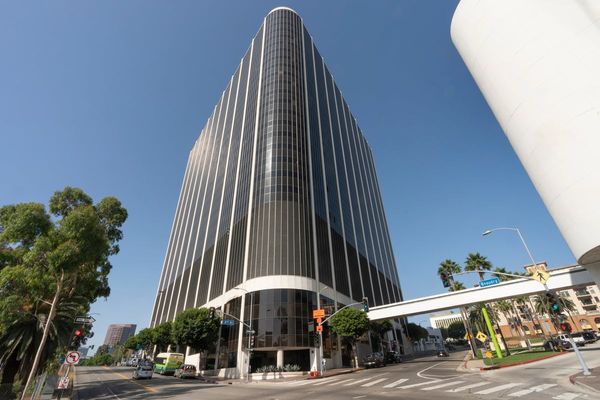
According to Forbes, there are 3,028 billionaires worldwide. That’s 247 more than there were in 2024. The total net worth of all these billionaires? Approximately $16.1 trillion. The top 10 billionaires’ total slice of that pie is roughly $1.8 trillion.
Find Out: 7 Luxury SUVs That Will Become Affordable in 2025
The numbers are impressive, but what might it look like if that wealth were equally distributed throughout America? How much would each person receive, and how might that impact the average individual’s life, if at all?
Here’s how the numbers pan out.
Top 10 Billionaires’ Total Wealth: $1.8 Trillion
First, take a quick look at the top 10 billionaires and their current net worth:
- $118 billion — Steve Ballmer
- $124 billion — Amancio Ortega
- $138 billion — Sergey Brin
- $144 billion — Larry Page
- $154 billion — Warren Buffett
- $178 billion — Berard Arnault & family
- $192 billion — Larry Ellison
- $215 billion — Jeff Bezos
- $216 billion — Mark Zuckerberg
- $342 billion — Elon Musk
That’s around $1.8 trillion in total.
The U.S. is home to nearly 342 million people, as per U.S. Census Bureau data. If the top 10 billionaires in the world were to redistribute their wealth equally, that’d break down to about $5,263 per person.
But what if that $1.8 trillion was equally distributed amongst only those ages 18 and up? Including Puerto Rico, the U.S. has an estimated adult population of 267 million. That’s about $6,742 per person.
Discover Next: The $50 Mistake Warren Buffett Says Everyone Should Avoid
Would Redistributing the Wealth Matter?
If you’re looking at an equal distribution of the top 10 billionaires’ total wealth, it might not have a major long-term impact on the economy. But that extra $5,000 or so could have a short-term impact on your finances.
For example, the average person’s credit card debt is $6,065. That money could wipe it out. The maximum annual contribution limit to a traditional or Roth IRA plan is $7,000. The distributed wealth wouldn’t knock these things out, but it’d help.
However, what if you were to equally distribute the total wealth of all billionaires in the world? That’s $16.1 trillion. Here’s how that would look:
- Split it evenly across 267 million people (U.S. adults) to get $60,299 a piece.
- Split it evenly across 342 million people (the entire U.S. population) to get $47,076 a piece.
That’s a significantly higher amount per person.
As for how this might impact the economy, it could potentially reduce the wealth inequality gap (at least temporarily). If people have more money to spend, it could also have a short-term impact on the economy.
“For example, a lot of people would be likely to want to buy a new car, and so many people trying to buy one at the same time could cause inflation in car prices,” said Kathy Gilchrist, CEO and chief financial officer at Cardinal Bookkeeping & Advisory.
It’s not a guarantee that receiving a large windfall would help individuals financially — at least not for the long-term — but it might with proper education.
“In general, the U.S. education system does not focus on educating people about how to manage their money. But a financial education initiative could accompany a wealth redistribution program,” said Gilchrist.
More From GOBankingRates
- Here's What It Costs To Charge a Tesla Monthly vs. Using Gas for a Nissan Altima
- Why You Should Start Investing Now (Even If You Only Have $10)
- 10 Cars That Outlast the Average Vehicle
- Here's the Minimum Salary Required To Be Considered Upper Class in 2025
This article originally appeared on GOBankingRates.com: If the Top 10 Billionaires’ Wealth Was Distributed Equally in America, How Much Money Would Each Person Get?







